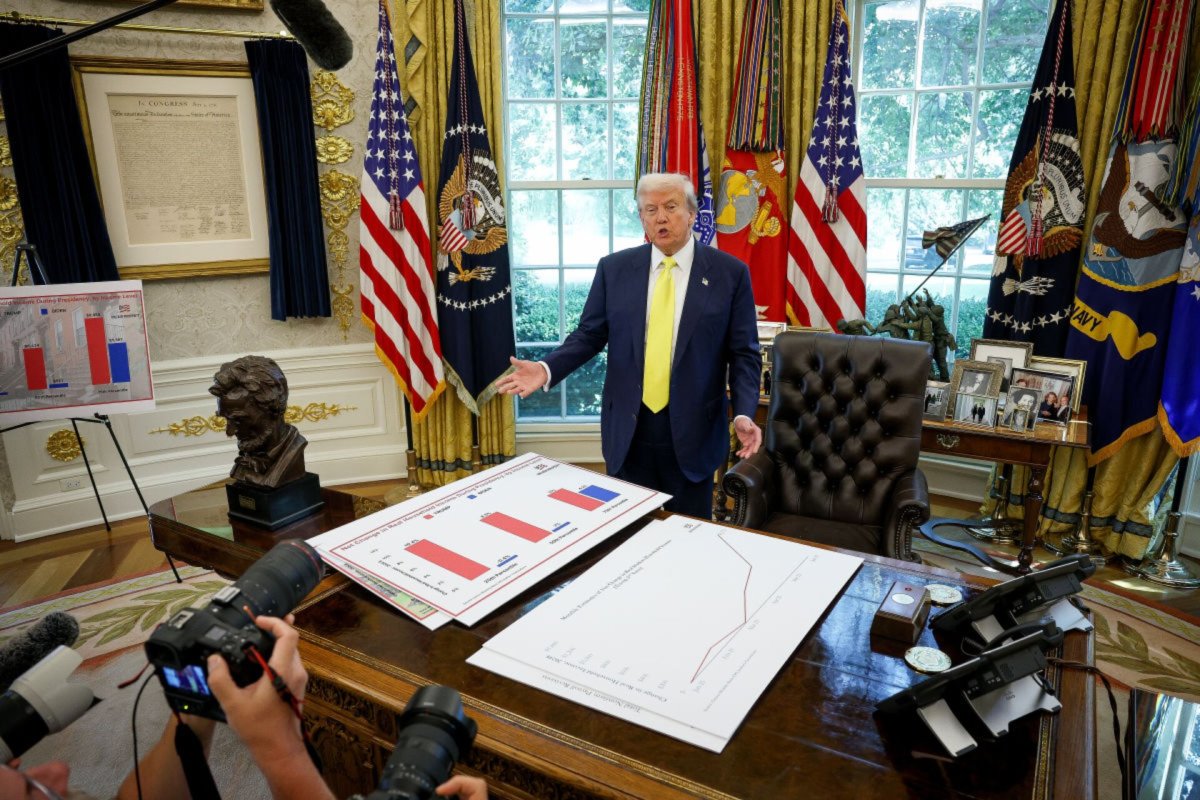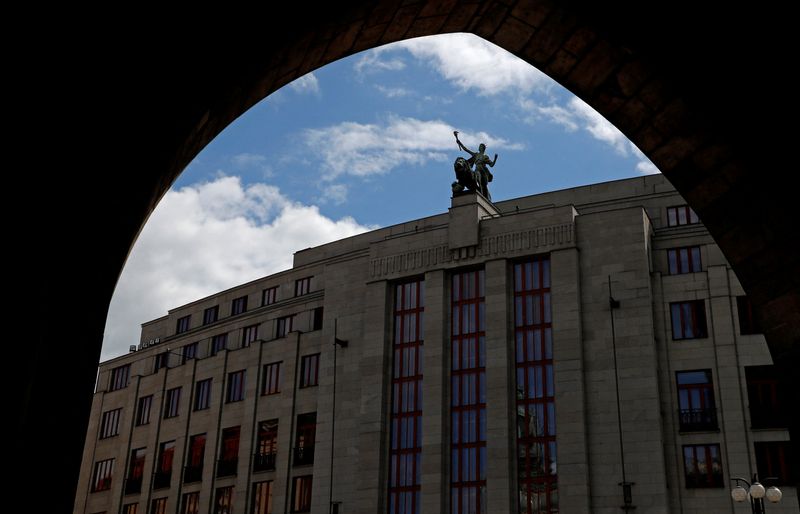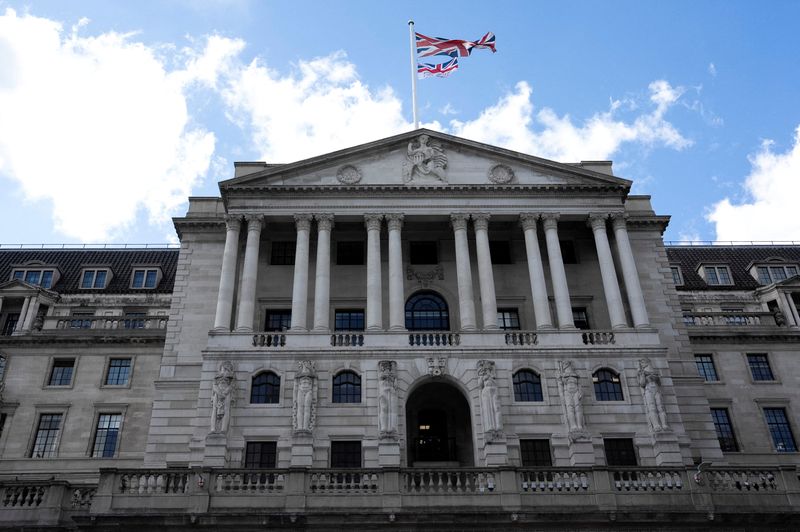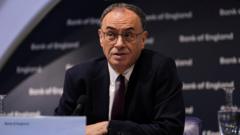Autumn Budget 2025: how could it affect interest rates, inflation and the financial markets?
PositiveFinancial Markets

Autumn Budget 2025: how could it affect interest rates, inflation and the financial markets?
The Autumn Budget 2025, presented by Rachel Reeves, has the potential to positively influence the economy by possibly lowering inflation and interest rates. This could be a significant development for investors, as a decrease in these rates often leads to a more favorable financial environment. Understanding the implications of this budget is crucial for anyone involved in the financial markets, as it may shape investment strategies and economic forecasts.
— via World Pulse Now AI Editorial System







